Mental Health in Primary Schools (MHiPS)
Amy Carter
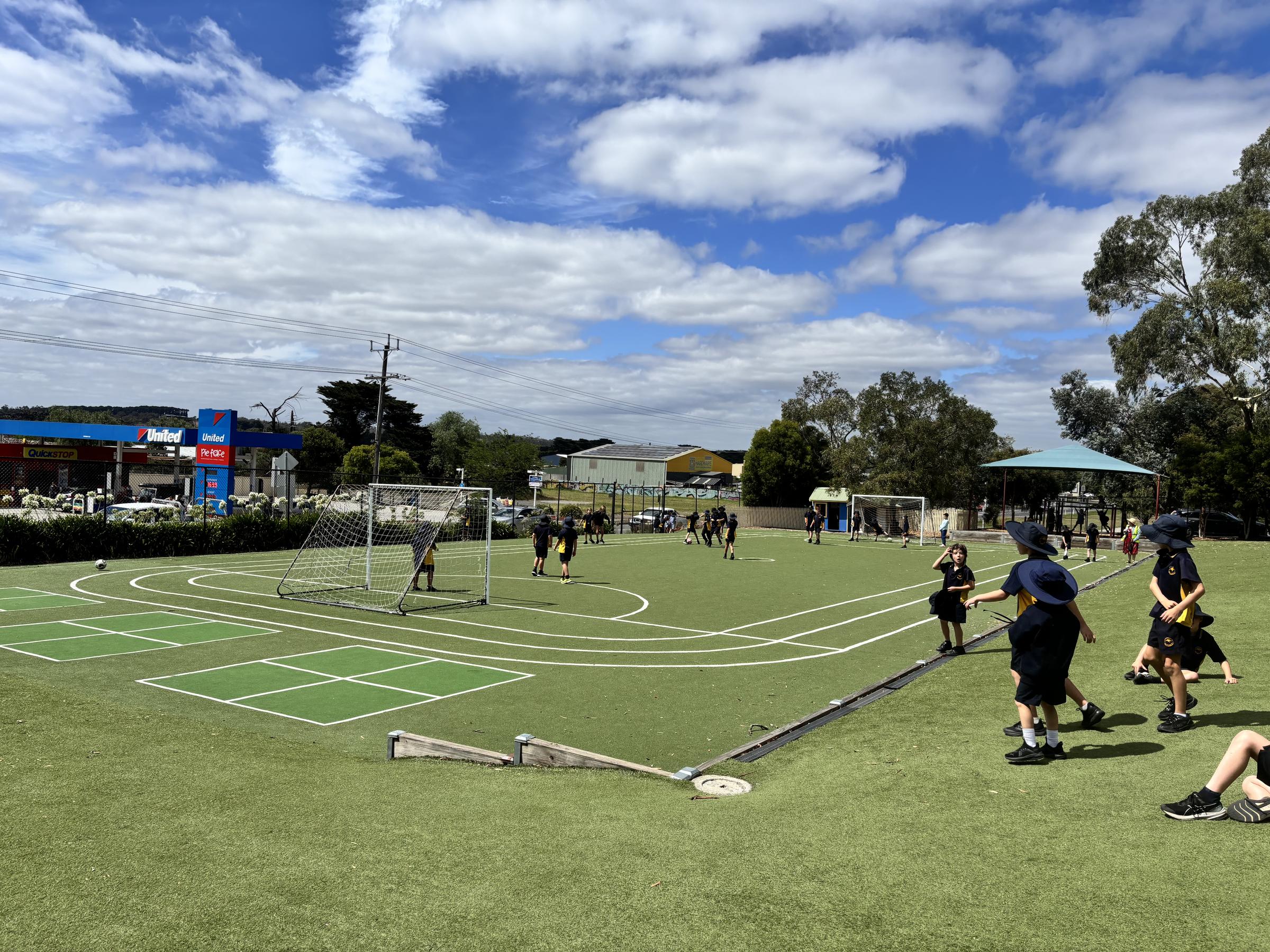
Mental Health in Primary Schools (MHiPS)
Amy Carter
Empathy in Action - Helping Hands
In our Year 1 classrooms, we're embarking on a heartfelt journey to explore the power of helping others. Through our latest empathy lesson, students are discovering that small acts of kindness can make a big difference—not just in the lives of others, but in their own as well.
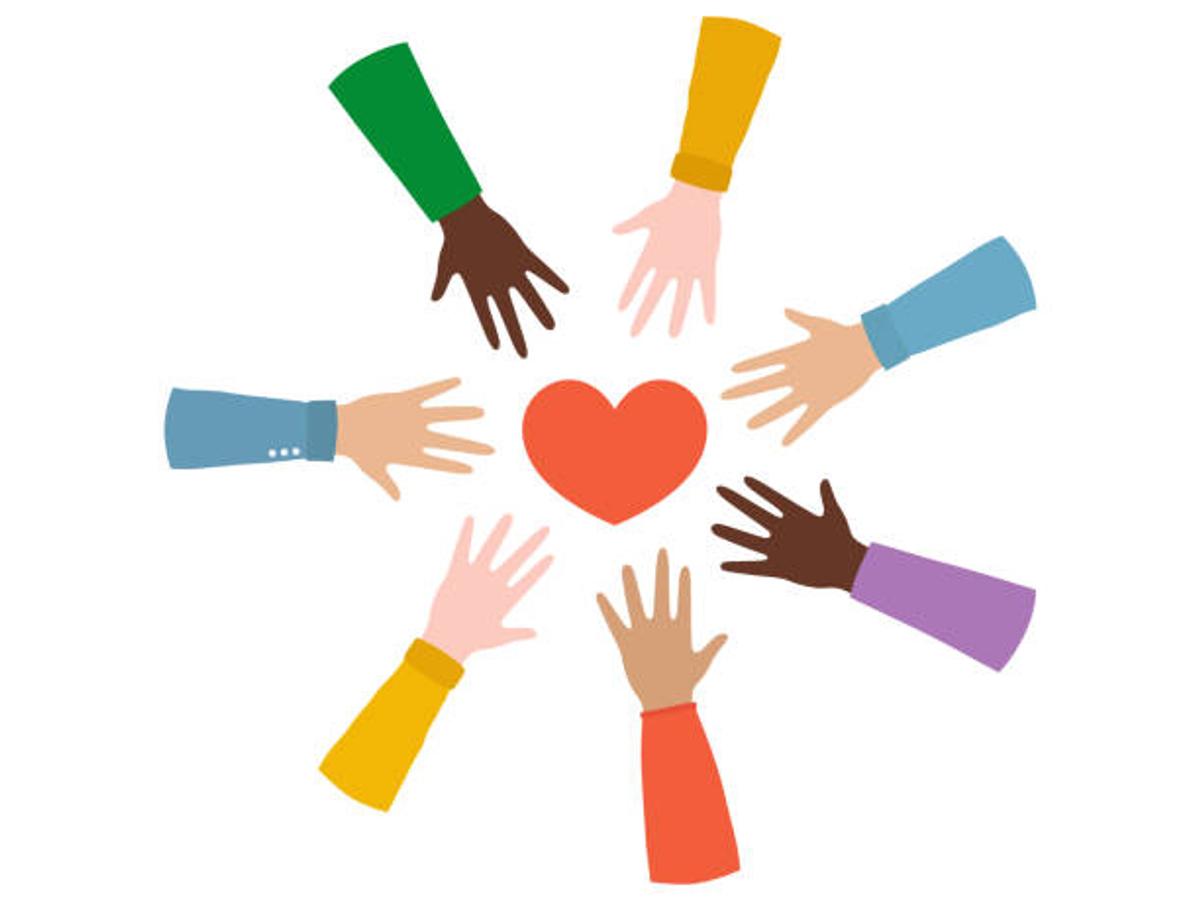

Learning Intentions:
Our students are focusing on:
Success Criteria:
By the end of this lesson, students will be able to:
Curriculum Integration:
This lesson integrates seamlessly with the Personal and Social Capabilities curriculum. Students are learning to describe how their actions and words can help others and, in turn, positively affect their feelings and emotions. This aligns with the Australian Curriculum's emphasis on developing social and emotional skills from a young age.
Why It Matters:
Teaching empathy is more important than ever. It helps children build emotional intelligence, strengthen relationships, and develop a sense of responsibility and compassion. Empathy is a crucial skill that supports emotional intelligence, positive relationships, and lifelong well-being.
Here are some reflections from our students:
"Being kind is important, so you can make friends. Being kind fills up my bucket and my friends' buckets too." - Bonnie 1C
"When you are kind to others, you have more friends to play with." - Riley 1C
"Being kind makes your heart happy and makes me feel proud!" - Jordyn 1A
"Being kind helps my friends to succeed." - Allie 1A
"Showing empathy is helping my friends when they are hurt. I am kind when I help my friends to clean up." - Rei 1A
"When my friends are kind to me, I feel special and it makes my heart warm." - Peyton 1B
"When I am kind, I feel good! I am kind to my friends, I look after them if they are hurt." = Jaxen 1B
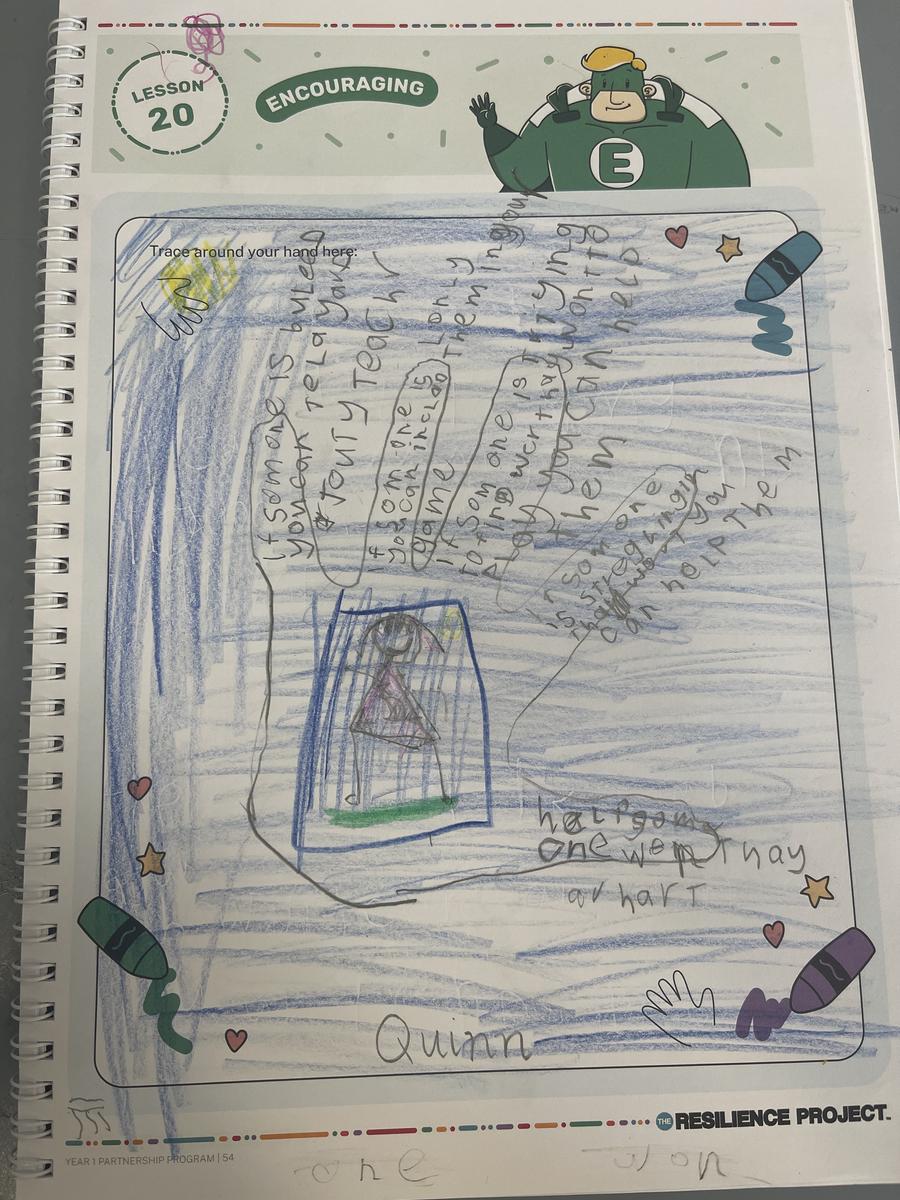
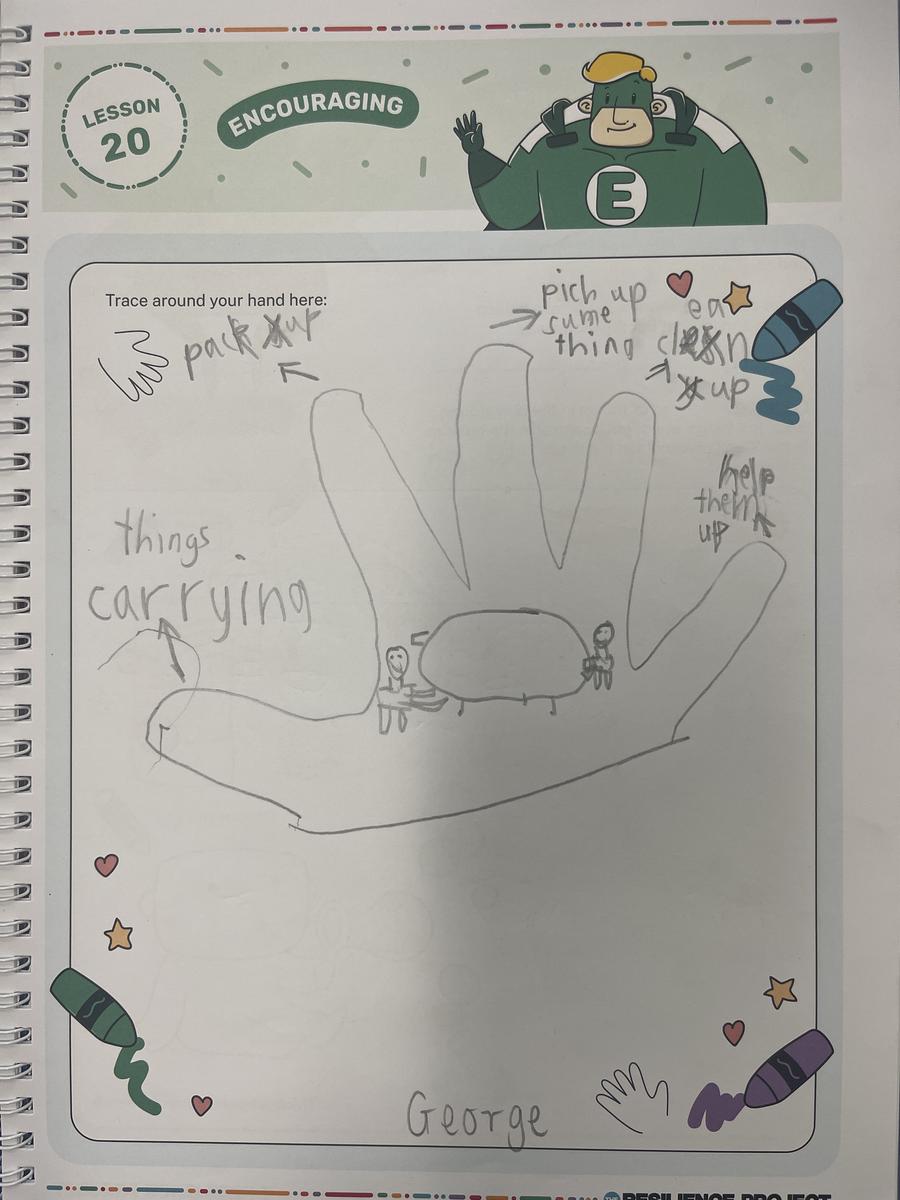
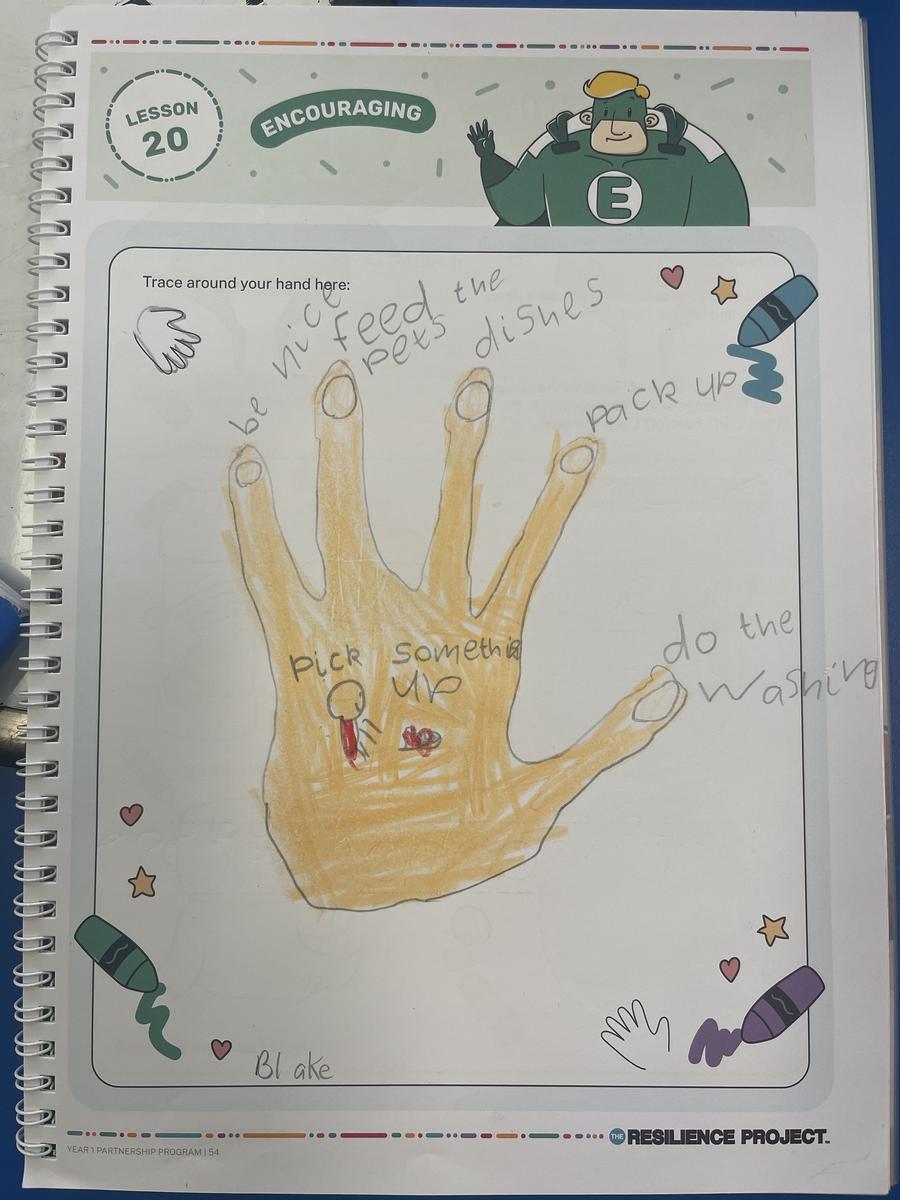
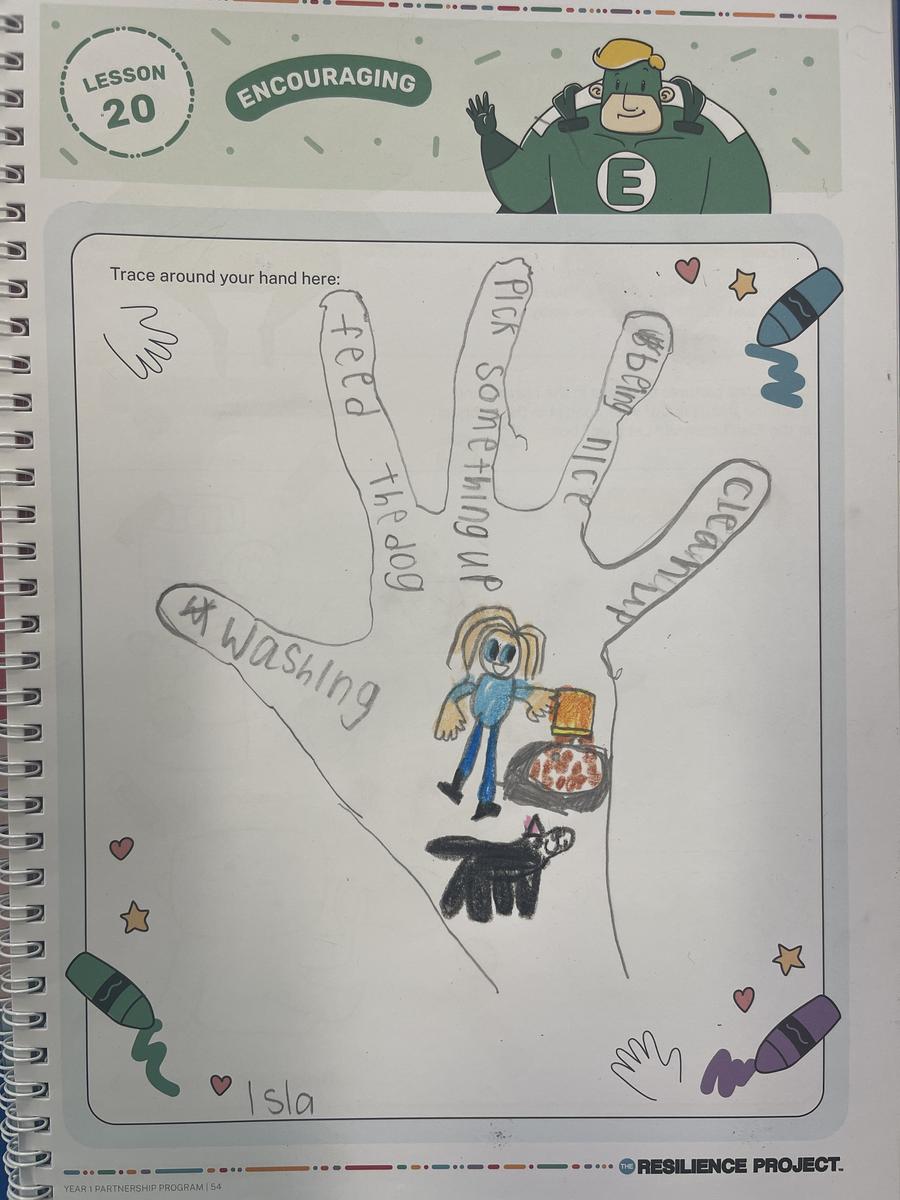
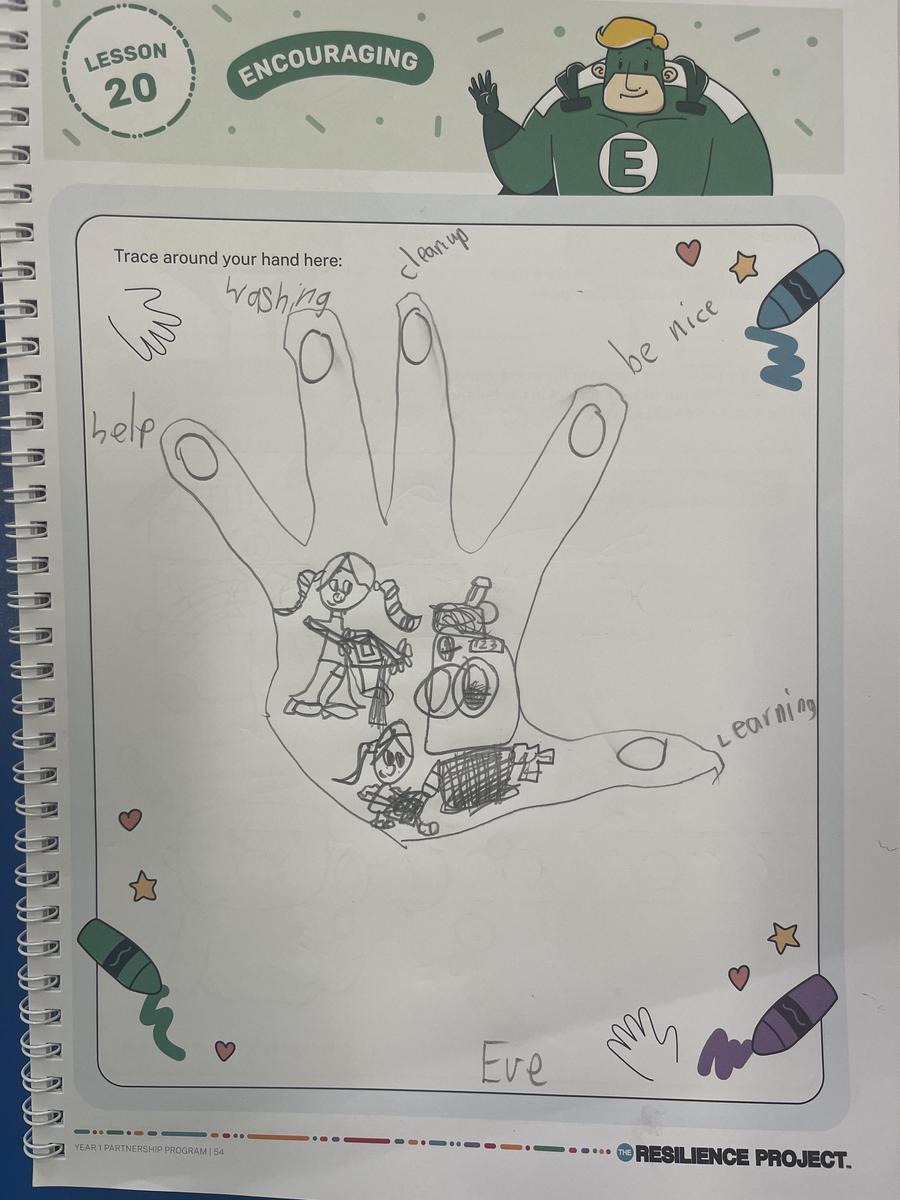





At Home
Parents play a vital role in nurturing empathy. By modelling empathetic behaviour, encouraging open discussions about feelings, and providing diverse experiences, you can help your child develop this invaluable skill. The benefits of empathy extend beyond individual relationships, shaping a more compassionate and inclusive society.
We encourage you to engage with your child about the ways they can help others and reflect on how these actions make them feel. Simple conversations at home can reinforce the lessons learned in class and help build a kinder, more empathetic community.
Together, let's continue to foster a culture of kindness and empathy, one small act at a time.


Have a wonderful week!
Take care,
Amy Carter
(MHiPS)